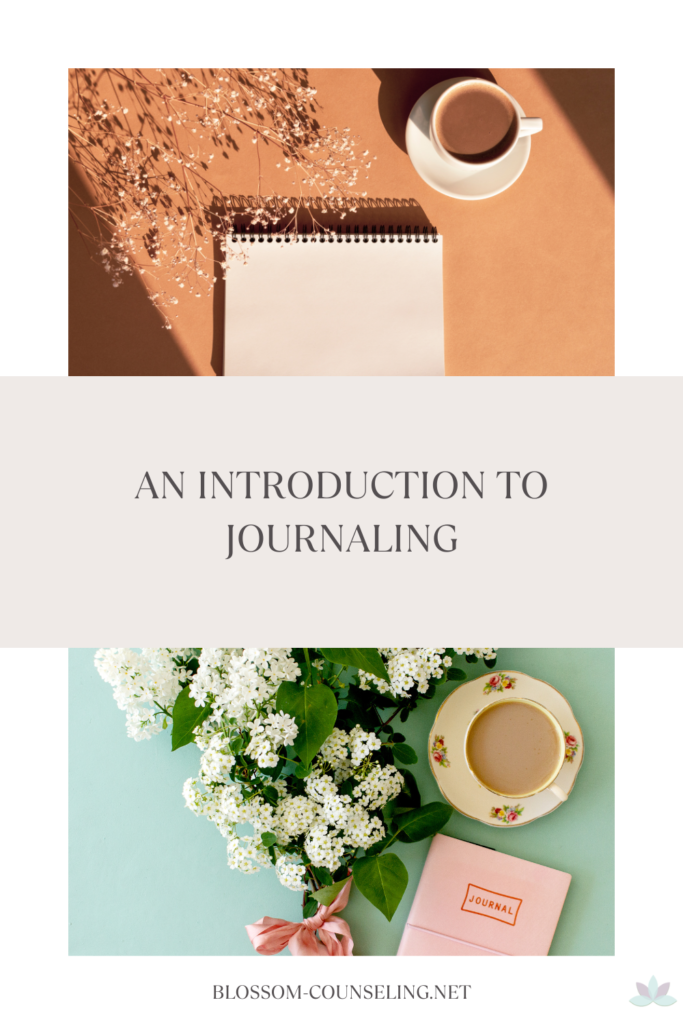In today’s world, we are constantly bombarded with information and distractions. We have multiple screens, notifications, and messages vying for our attention at any given moment. As a result, multitasking has become a desirable skill. We feel proud when we can juggle multiple tasks at once and believe that it makes us more productive. However, recent studies have shown that multitasking can actually lead to a decrease in productivity and an increase in stress. This is where the art of single tasking comes in. Single tasking is the practice of focusing on one task at a time, giving it your full attention and energy.
Increased Productivity
One of the main benefits of single tasking is increased productivity. When we focus on one task at a time, we are able to give it our full attention and complete it more efficiently. We are able to enter a state of flow, where we are fully engaged in the task and are more likely to produce high-quality work. Studies have shown that it takes an average of 15 minutes to refocus on a task after being distracted, so by eliminating distractions and focusing on one thing at a time, we can save a significant amount of time.
Single tasking can also help us prioritize our tasks more effectively. When we have a long to-do list, it’s easy to feel overwhelmed and unsure of where to start. By focusing on one task at a time, we are able to break down our to-do list into more manageable chunks. We can prioritize our tasks based on urgency and importance, and tackle them one by one. This can help us feel more in control of our workload and reduce feelings of stress and overwhelm.
Reduced Stress
Multitasking can be incredibly stressful. Trying to juggle multiple tasks at once can lead to feelings of overwhelm and anxiety. When we single task, we are able to eliminate distractions and focus on the present moment. This can lead to a reduction in stress and an increase in feelings of calm and focus.
Single tasking can also help us practice mindfulness. Mindfulness is the practice of being fully present in the moment, without judgment. By focusing on one task at a time, we are able to be fully present and mindful in our actions. We can pay attention to our thoughts, feelings, and physical sensations, and become more aware of our internal experience. This can help us reduce feelings of stress and anxiety, and improve our overall well-being.
Improved Relationships
When we are constantly multitasking, we are not fully present in our interactions with others. We may be physically present, but our minds are elsewhere. By single tasking, we are able to be fully present in our interactions with others. This can lead to improved relationships, as we are able to give others our full attention and show them that they are valued.
Single tasking can also help us listen more effectively. When we are fully engaged in a conversation, we are able to listen more attentively and respond more thoughtfully. We can pick up on nonverbal cues, such as body language and tone of voice, and respond in a way that shows empathy and understanding. This can lead to improved communication and deeper connections with others.
Single tasking is a powerful practice that can change your life. By focusing on one task at a time, we can increase our productivity, reduce stress, and improve our relationships. It may take some practice to break the habit of multitasking, but the benefits are well worth it. So next time you find yourself trying to juggle multiple tasks at once, take a deep breath and try the art of single tasking. Your mind (and your productivity) will thank you.


